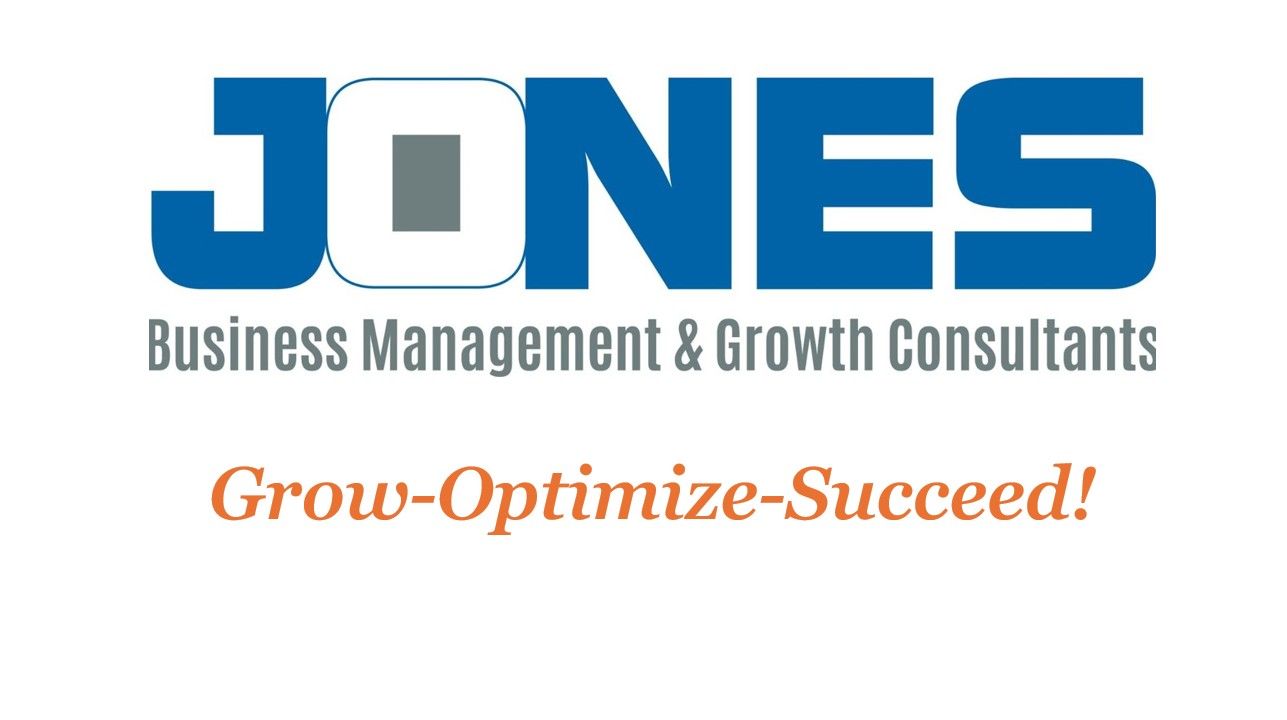Case Study: Accountability in Action – How Apple and Toyota Foster Accountability and Innovation
How Apple and Toyota exemplify the power of accountability in driving continuous innovation and success.

Throughout this series, we’ve discussed how accountability can drive success, prevent failures, and sustain innovation. Now, let’s look at real-world examples of companies that have successfully balanced accountability with innovation. These organizations have fostered cultures where employees take responsibility for their actions, make data-driven decisions, and continuously innovate—without sacrificing control or accountability.
Apple: Transparency, Innovation, and Accountability
Apple is a prime example of a company that has maintained accountability at its core while driving innovation across its product lines. Apple’s approach to transparency, particularly in its financial reporting and internal controls, has consistently reflected its commitment to accountability. The company’s leadership, led by Tim Cook, emphasizes doing the right thing even when it's difficult. This culture of responsibility extends across every level of the company—from product development to corporate governance.
Apple’s strict internal audit processes and open financial disclosures build trust with shareholders and the public, while its innovation pipeline continues to push boundaries. The combination of rigorous accountability and creative freedom has allowed Apple to remain a leader in both financial performance and product development. By holding teams accountable for both the process and the outcome, Apple has fostered an environment where teams can innovate while still being held responsible for their results(
).Toyota: Continuous Improvement and Innovation Through Accountability
Toyota’s approach to innovation is rooted in its legendary Toyota Production System (TPS), which focuses on continuous improvement (kaizen) and waste reduction. Toyota’s commitment to accountability is seen through its use of Scrum and Agile methodologies in its production process, where teams are empowered to make decisions and iterate rapidly. Each team is accountable for its own performance, but also for the broader success of the organization.
What makes Toyota’s approach unique is its focus on empowering every employee—from factory workers to engineers—to contribute to innovation. Teams are trained to take ownership of their roles, identify inefficiencies, and suggest improvements. By encouraging employees to take calculated risks and make data-driven decisions, Toyota balances innovation with accountability(
).Lessons Learned: Accountability as a Catalyst for Innovation
Both Apple and Toyota provide valuable lessons in how accountability can drive innovation. Here are key takeaways from their success:
- Foster Transparency: Apple’s openness in financial reporting and its commitment to doing the right thing builds trust internally and externally. Transparency creates a foundation for accountability, allowing teams to innovate without fear of failure being hidden or mishandled.
- Empower Teams: Toyota’s Agile methods show that innovation thrives when employees at all levels feel empowered to take ownership of their work. By holding teams accountable for continuous improvement and allowing them to experiment within structured boundaries, Toyota has maintained its leadership in the automotive industry.
- Focus on Process and Outcome: Both companies demonstrate that accountability isn’t just about the end result. It’s also about how teams approach problems and innovate. Apple and Toyota hold their teams accountable for the integrity of their processes, ensuring that both success and failure are learning opportunities.
- Support Risk-Taking: Innovation requires risk, but with accountability in place, teams can take risks responsibly. By creating feedback loops and rewarding transparent communication, organizations like Toyota and Apple ensure that innovation occurs in a controlled environment where accountability drives improvement.
Conclusion: A Culture of Accountability Drives Innovation
The examples of Apple and Toyota show that accountability and innovation are not mutually exclusive. When done right, accountability can serve as a foundation for continuous innovation. Leaders who build transparent, responsible cultures—where employees are empowered to take risks and learn from their mistakes—can drive success while ensuring that innovation flourishes within a framework of accountability.
Incorporating these lessons can help your organization not only prevent failure but also foster a culture where accountability becomes the catalyst for sustained growth and creativity.
#AccountabilityInAction #LeadershipDevelopment #InnovationLeadership #ContinuousImprovement #CorporateGovernance #BusinessSuccess #OrganizationalLeadership #RiskTaking #TeamSuccess #TransparencyAndTrust
















